Minister defends Switzerland’s mixed EU signals
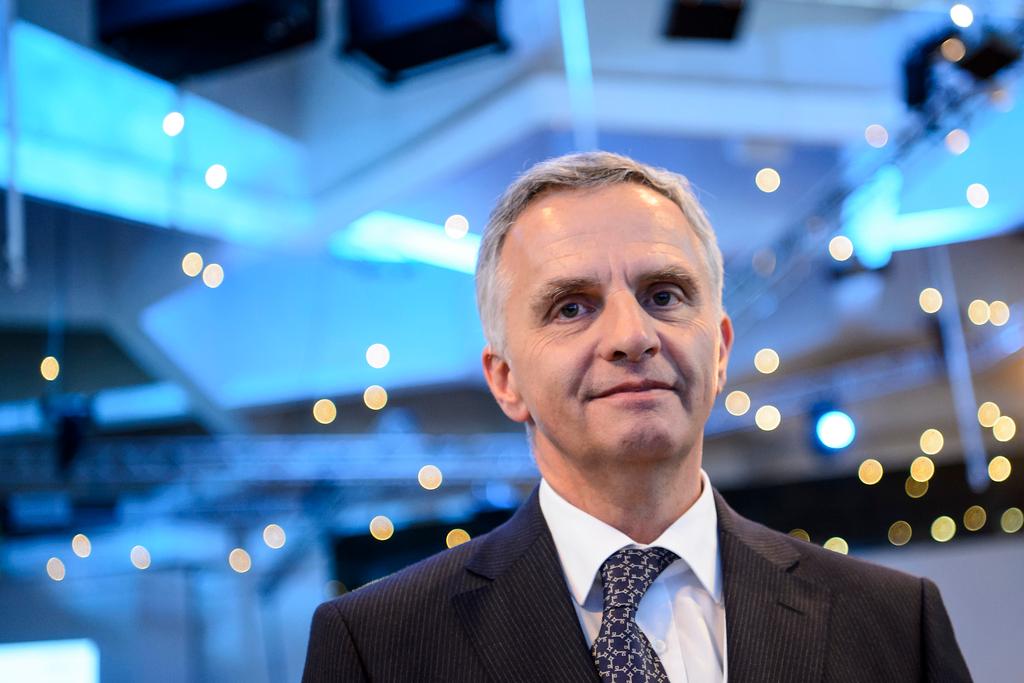
Switzerland’s signature on Friday of a treaty extending the free movement of people to Croatia is a sign of good faith in the European project, according to Foreign Minister Didier Burkhalter. This, despite a parallel blueprint for implementing immigration quotas.
“We are simply saying to the EU that with a bit of pragmatism and imagination, problems can be solved in steps. The signature of the protocol is one that brings us closer to the goal of better management of migration to Switzerland, while also preserving and developing the bilateral approach,” the minister said in interviews with the newspapers, Le Matin Dimanche and the NZZ am Sonntag.
Burkhalter added: “We are interested in continuing to contribute to the future of the European continent. I’m thinking notably about the Horizon 2020 research programme, which is good for both parties.”
Switzerland’s signature of the EU treaty had been on hold for two years. The deal is subject to approval by parliament. It is expected to lead to the full readmission of Switzerland to the Horizon 2020 research programme of the EU and Erasmus+, having been frozen out since voters agreed on immigration curbs in February 2014.
Burkhalter denied that signing the protocol was a way of making it easier for the EU to swallow a bitter pill – that of plans unveiled by the cabinet on Friday to implement the binding referendum against mass immigration, required by 2017.
Under the cabinet’s proposal to be submitted to parliament, Switzerland claims the right to limit free access to the labour market due to serious economic or social problems. The proposed unilateral safeguard clause provides for annual limits to be set by the cabinet on the number of permits issued to people from EU and European Free Trade Association (EFTA) countries if immigration exceeds a certain threshold.
“There is no pill to swallow. The situation is that we have a plan that conforms to the constitution, it’s a unilateral clause. But it has disadvantages.”
“What we are trying to do with this [safeguard] clause is to respect the institutions: the public, who set a deadline of three years [to implement the referendum result], and parliament.”
In the past, the EU has warned that any immigration caps are incompatible with the principle of the free movement of people, one of the key principles of the 28-nation bloc.
Swiss-EU talks on curbing immigration are on hold until Britain’s June 23 referendum of whether to stay in the bloc.
“A favourable outcome is still possible,” said Burkhalter. The cabinet has called Friday’s blueprint to go it alone on immigration controls ‘Plan B’ and stressed that a mutual agreement with the EU was by far the preferred option.
Before reviewing the cabinet’s proposal, parliament may want to wait and see how the Brexit referendum plays out and if there is a solution for Swiss-EU bilateral ties, he said.
But he warned that the two countries were not in the same boat. “The British situation is different to the Swiss. I’ve spent part of the week explaining that to different colleagues in European countries.”
“The British debate is that of a member country, which we aren’t. It’s the debate of a country with two times fewer European immigrants than us. And it especially a debate that focuses on social security, while for us it is primarily about managing migration.”

In compliance with the JTI standards
More: SWI swissinfo.ch certified by the Journalism Trust Initiative


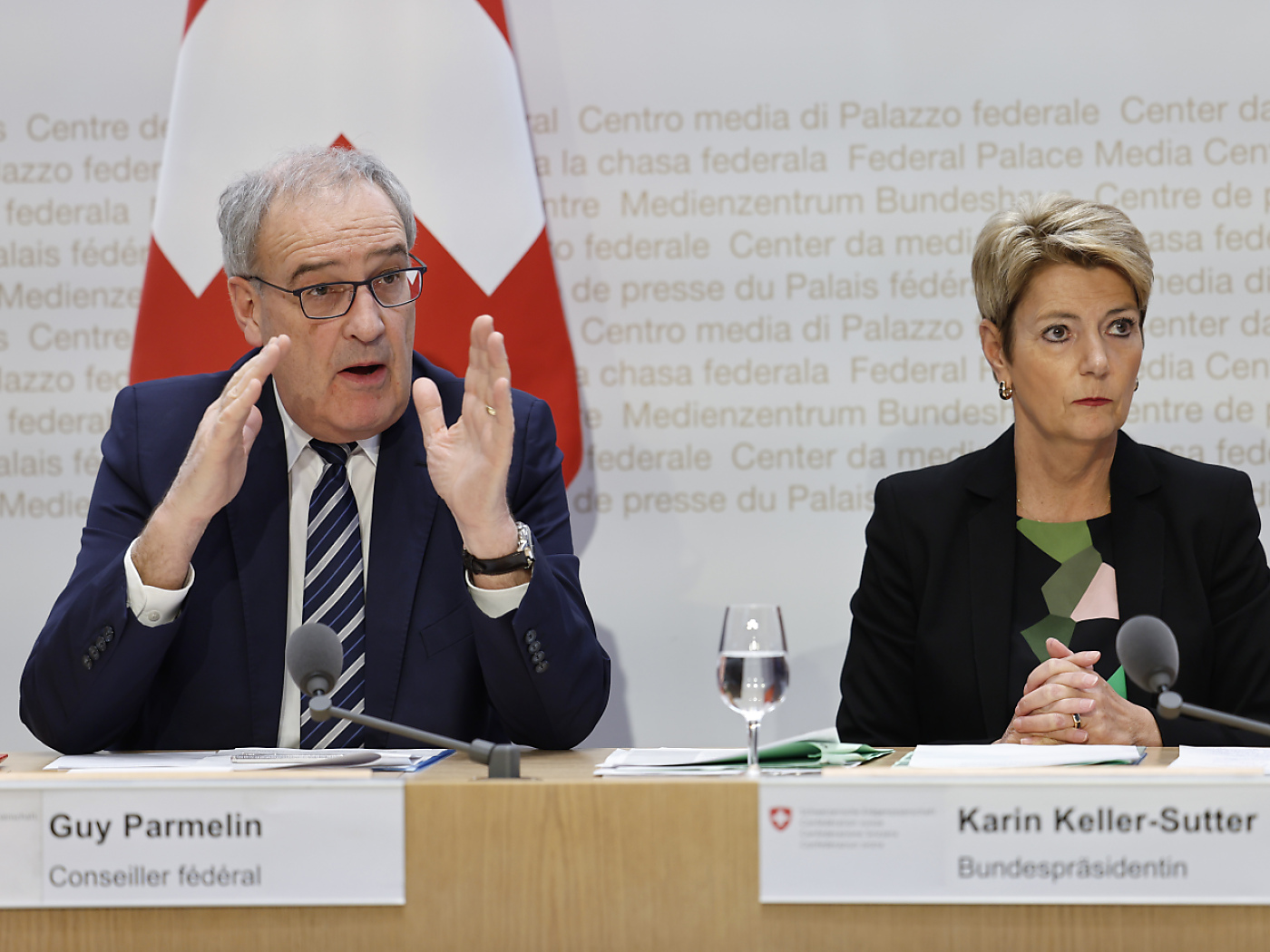





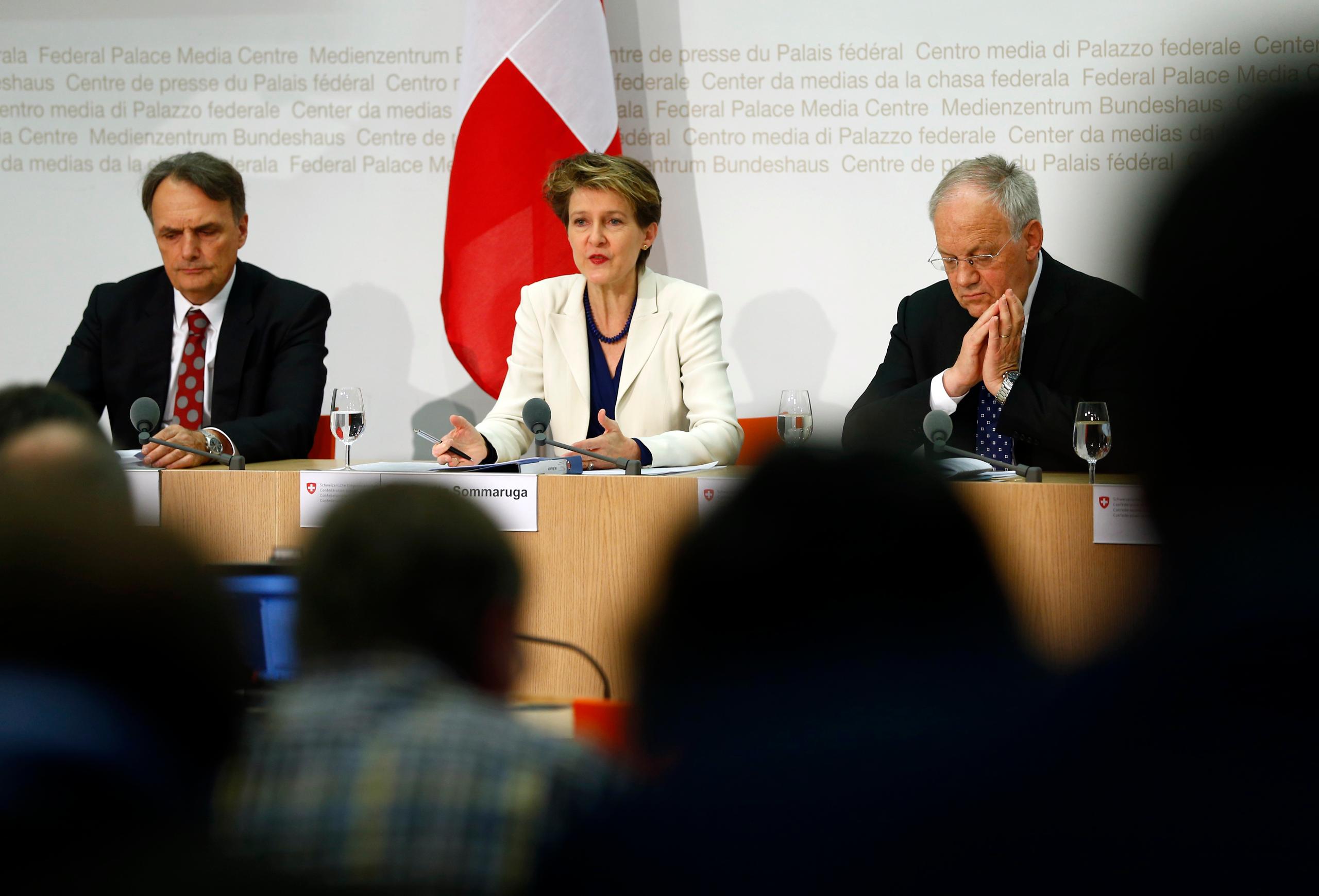

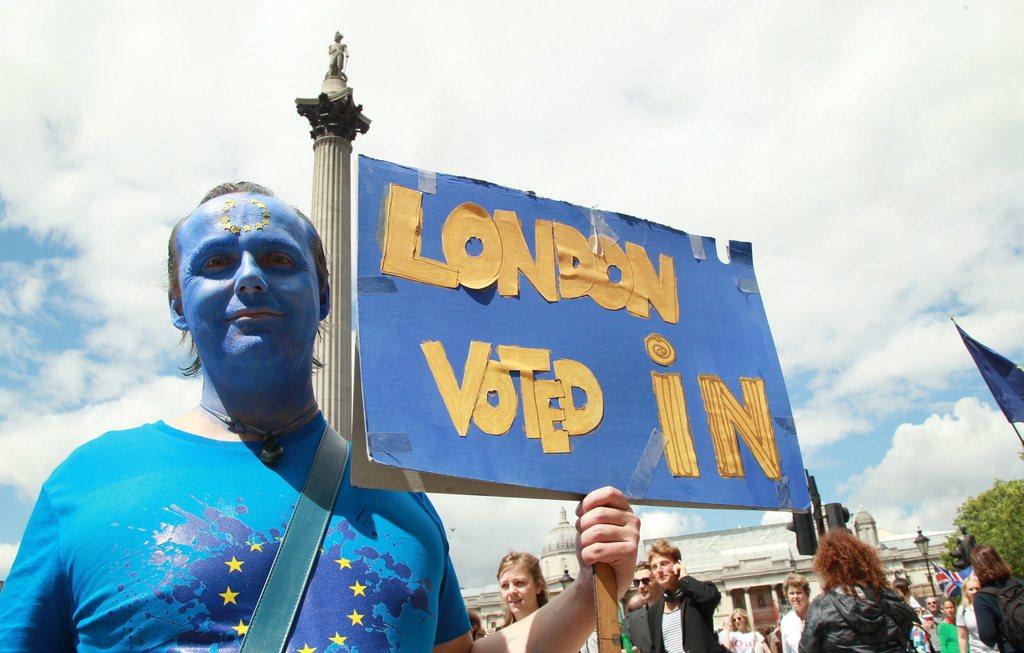
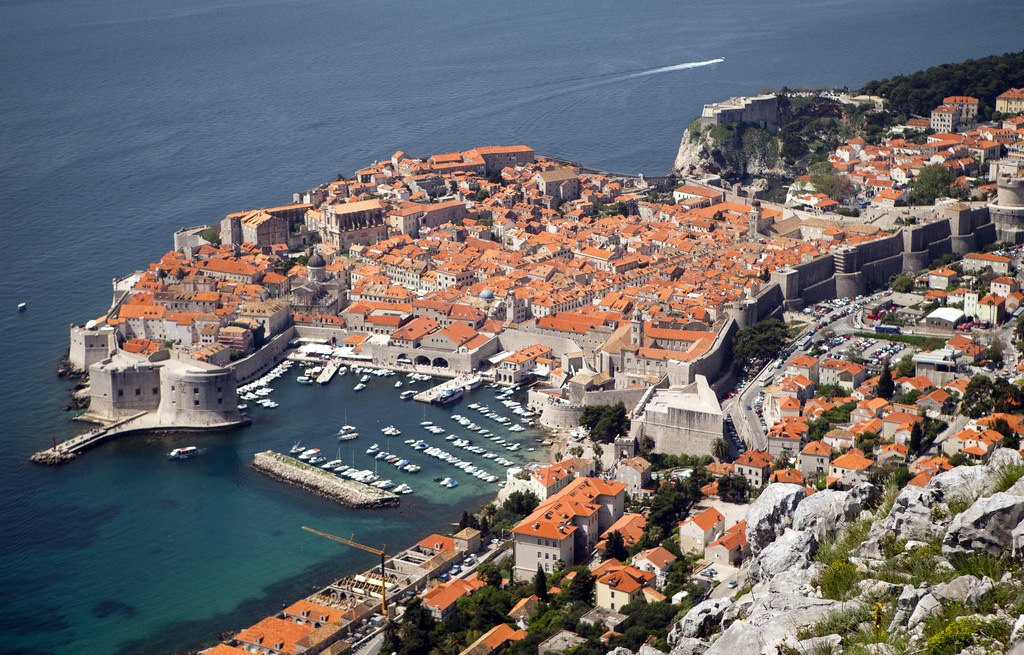
You can find an overview of ongoing debates with our journalists here . Please join us!
If you want to start a conversation about a topic raised in this article or want to report factual errors, email us at english@swissinfo.ch.